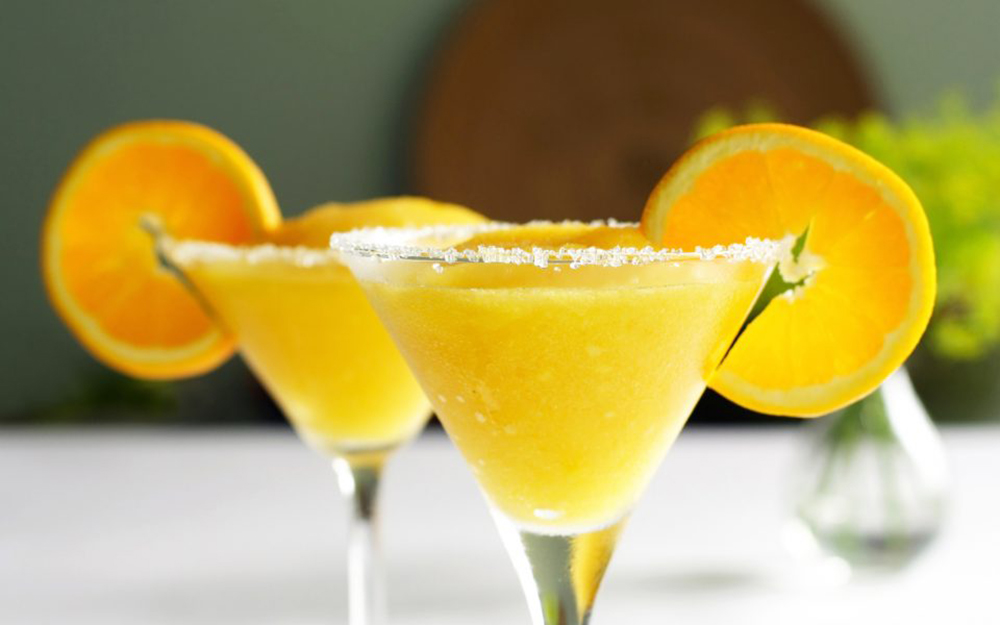
BY RUTH HILL R.N.
Creating a Zen atmosphere in the home lends itself to tranquility. In Japanese, Zen refers to meditation. In interior design, it reflects balance, harmony and relaxation. Zen is a slang word for feeling peace and relaxation. What makes a Zen experience? An amalgam of sounds and smells that bring together an awareness of the senses and a clearing of the minds clutter.
A Zen experience is the focus of attention on being present here and now. This presence is exactly what Gary Hunter gifted to us in his home this past Saturday when eight poets from The WordKeepers gathered in his Zen backyard. The WordKeepers is a weekly poetry group lead by Dorothea Bisbas, the Poet Laurate of Rancho Mirage, CA., that meets every Wednesday in the Rancho Mirage Library.
Every week we submit our musings to each other for critique. We turn our fears, our love of nature, our love or anger for family members into poetic prose. Dorothea teaches respect for the reader encouraging us to use words that do not offend, that are nuanced, that do not preach, that touch the heart of the listener. Drive down San Lucas Drive in Palm Springs, half way you will see a large rock on the sidewalk with a new poem pinned to the rock daily by Gary our most prolific poet.
At Gary’s we were surrounded by dozens of mango, pomegranate, peach and palm trees. The pitter patter sound of water rushing past rocks flowed into a pond of gold fish. The wooden gazebo large enough to shade eight poets cooled us with a fine silent mist. We walked among the trees and bushes Gary tended instructing us to notice the shades of green yellow gold or mango color, the shapes, the textures, and smells of each variety. We noticed the thick grass shavings blanketed around the base of the trees to soften the fall when the fruit is ripe.
After the tour Gary slit all six varieties with such panache, and gave each of us a serving. “Press the flesh if it indents or is wrinkly, it is ripe”, he said. We touched the Coconut Cream mango, the Valencia Pride, the Maha Chinki, the Nam Doc Mai, the Kent, and the Lemon Zest. Like first time tasters in a chocolate factory we savored every aroma of coconut, spice, fruity, peppery, juicy mango meat that dripped from our mouths.
We rated them on a scale of 1-5, 5 being excellent. The Lemon Zest and the Nam Doc Mai received a 5 rating. Gary gave us a lemon zest to take home. We floated into our cars high on energy absorbed from this mango paradise. We carried home the smells tickling our nose, the taste buds still tingling with spice, fruit or lemon, and lastly water flow sounds echoed in our ears. My mind wandered from mangos to cannabis.
A quick search on Leafly.com brought up a nonalcoholic Mango Mockarita recipe using a Mango Indica tincture. “Mango Indica is a heavy-duty cannabis strain that kicks the flavor in this non-alcoholic drink up a notch.”
Ingredients:
2–3 slices ripe mango
2 ounces orange juice
1 ounce fresh-squeezed lime juice
½ ounce agave nectar
2 ice cubes
10mg worth of Mango Indica tincture
Orange slice and sugar to garnish
Directions: Add drink ingredients to a blender and purée until smooth. Wet rim of a cocktail glass with orange juice and dip rim in sugar. Pour margarita into cocktail glass, garnish, and serve.
Anecdotal research has shown that eating mangos roughly forty-five minutes before consuming cannabis can indeed augment THC with a faster onset of psychoactive effects. There are over six mango cannabis strains: Mango, Mango Tango, Mango Kush, Mango Dream, Mango Haze, and finally CBD Mango Haze.
Ruth A Hill RN, a cannabis navigator, can be contacted through Holistic Caring to request help on your new path to wholeness. info@HolisticCaring.com (619) 880-5135











































